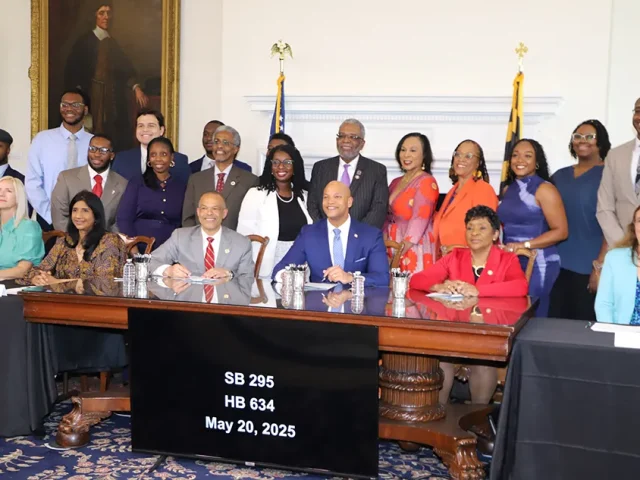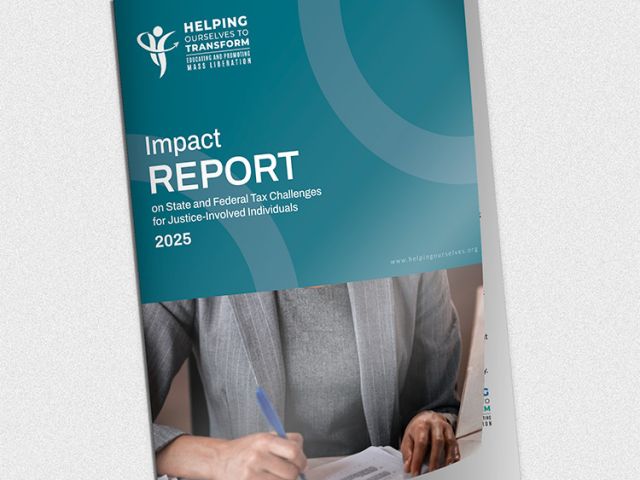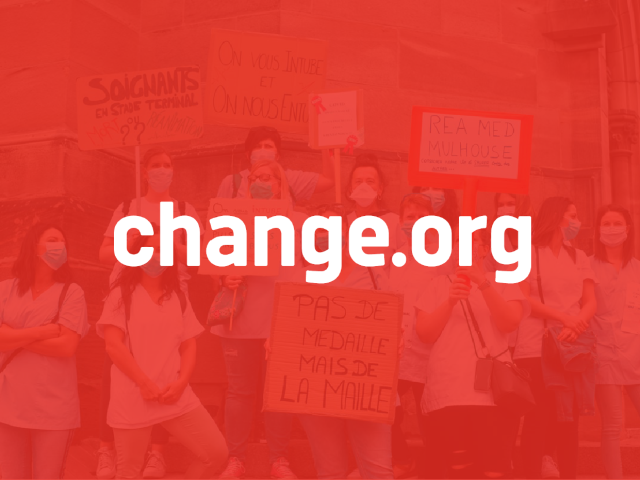We’re proud to share that our nonprofit, Helping Ourselves to Transform, led by Dr. Carmen Johnson, has successfully seen a bill we championed signed into law!
This report outlines critical reforms aimed at suspending penalties, creating fair payment plans, and halting the accumulation of additional fees.
Fiona Apple has returned – not just with new music, but with a rallying cry for pretrial reform. Her first original song in five years, “Pretrial (Let Her Go Home),” is a searing protest anthem shaped by years of court watching, community organizing, and deep listening to the women impacted by pretrial incarceration.
Urgent Call to Action for the Senate and Congress: Investigate the Systematic Targeting and Lawfare of Women by the FBI, DOJ, BOP and IRS—End Politicization, Corruption, and Abuse of Power That Lead to Wrongful Convictions of WOMEN. Demand Transparency, Accountability and Justice for WOMEN. LAWFARE is real—a weaponized legal system used to suppress, control, and silence women through selective prosecutions and politically motivated legal actions.
This week on Say Their Name, host @chriscolbertreport , speaks with @dr.carmenjohnson , revealing the transformative power of @courtwatchpg , a community oversight program reshaping bond hearings and empowering citizens.
In this inspiring episode titled, “Transforming Pain into Purpose: Dr. Carmen Johnson’s Crusade for Justice”, we delve into the journey of Dr. Carmen Johnson, a resilient advocate and change-maker who has spent over 25 years fighting for social justice and community empowerment. Having turned a personal tragedy into the fuel for her advocacy, Johnston holds the justice system accountable through her role as Director of Court Watch and Judicial Accountability, a program under Life After Release.
Helping Ourselves to Transform’s CEO and Founder, Dr. Carmen Johnson will be discussing the unique mental health challenges and barriers to successful reentry faced by formerly incarcerated individuals.
“We are building a loving, peaceful, army that all we want is justice. We don’t want fights. We don’t want anyone to go to jail … Just fighting for the rights that belong to the people is what this national Courtwatch hub is going to do.” – Carmen Johnson
Working with Helping Ourselves to Transform (HOTT) has been an incredibly enriching experience. As an Operations and Development specialist, I’ve…










